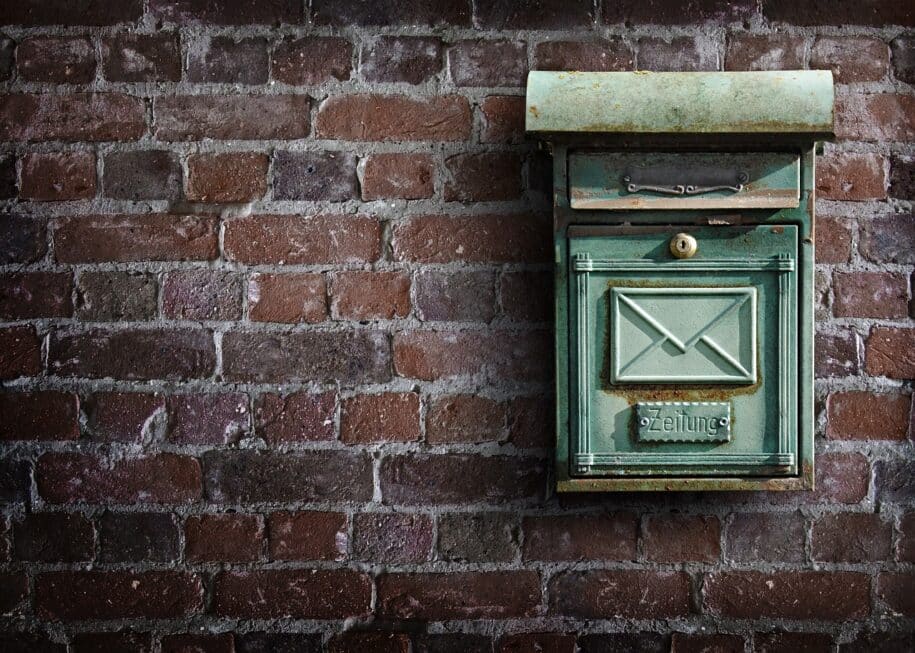If you just deposit money in your investment account’s settlement fund and stop there, it could cost you hundreds of thousands of dollars.
I don’t pretend to know exactly where you are in your financial journey. I assume you’re most likely out in the workforce making some money, because that’s the way my coaching and classes are tailored, but I’ve worked with people in many different stages of life too.
That said, it occurs to me that I may have been a little remiss in my recent posts around investing and, specifically, putting money into your investment accounts.
While I’m not here to provide investment advice (it’s a legal thing; see my Disclosure Policy) there is one important step that is potentially easy to miss. And that’s a problem, because this one step is absolutely crucial, and without it, you will miss out on almost all the benefits of putting money away.
Because it’s not enough to just put money into an investment account. You have to do something with it, too.
Table of Contents
Putting the “invest” in investment
I’ll make it clear: you have to actually purchase investment products inside your investment account.
The settlement fund
When you deposit money in an investment account (let’s say a Roth IRA at Vanguard just to use one example), the money goes into a “settlement fund.”
What’s that? It’s just a holding pen for money.
As Vanguard puts it:
“When you buy or sell stocks, and other securities, your transactions go through a broker…Money to pay for your purchases is taken from your settlement fund and proceeds from your sales are received in your settlement fund.”
The settlement fund is not investing
Once your money is deposited into your settlement fund, what happens?
Nothing. Nothing happens. Your money just sits there.
All that talk about your retirement account earning a return on your investment? Not gonna happen.
And this is because merely depositing money in an investment account is not the same as investing.
The account itself confers special powers upon the money in it, mainly tax benefits. For a Roth IRA, you don’t need to pay taxes on any money you earn from that account. For a 401(k), you typically get a tax deduction when you deposit money into it. That sort of thing.
But these tax benefits are not investing benefits.
So if you just deposit, say, $10,000 in a Vanguard Roth IRA, and it stays in a settlement fund, do you know how much you’ll have 10 years from now?
Right: just about $10,000. You won’t have to pay taxes on it when you withdraw it, but so what?
You need to do something with the money once it’s in your account.
How to invest
Luckily, the solution is simple: once your money hits your settlement fund, you must purchase securities with it.
What are securities? Stocks, bonds, mutual funds, that sort of thing. It’s owning the securities that earns the returns, not the money you deposit into the account.
Now, a full discussion of what to purchase is way beyond the scope of this post. What I will say is that you probably want to keep it simple, and no go crazy buying a million different funds. Also, my hot stock tip is to not buy stocks. You want diversification that only mutual funds can provide, as they are like buying stock in hundreds of companies, not just one.
I’m a big fan of the idea of the Lazy Portfolio, especially for people who don’t want to do this full-time. Which I assume is most of you.
But however you purchase investment products, do this with all of the money in your settlement fund. Better yet, set up automatic investments, so that when you deposit (say) $500 each month in your account, it automatically buys $500 of something. That way, you can set it and forget it, which is the best way to invest in anything.
Don’t forget this important step
If you’re already doing this automatic purchasing of securities, then great. But I bet some of you took the advice of depositing money in your retirement account literally, and stopped there.
If that’s the case, you are leaving thousands, if not hundreds of thousands, of dollars on the table. To get investing returns, you have to invest.



